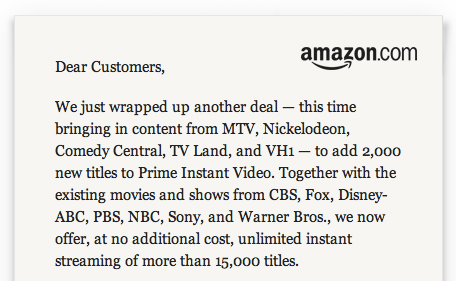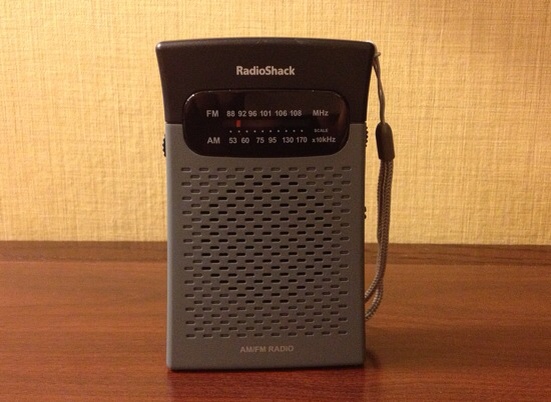
Over at the Atlantic, Robert Wright is being sacrilegious. He says he’s unhappy with the trend–seen in phones, laptops, and other products–to make gadgets as thin as possible:
Remember when Jobs first unveiled the Macbook Air? I do, because I had long been a fan of the small, lightweight computers that had until then been available only on the Windows platform. Jobs brought the machine onstage in a manila envelope, because the thing he wanted to wow the audience with was its thinness.
I thought: Who cares how thin it is? Thickness isn’t the dimension that really matters when you have to fit a computer into a tiny backpack or use it in a coach seat on an airplane. And, anyway, more important than any spatial dimension is weight. Sure, to the extent that thinner means lighter, thinness is good, but if you make thinness an end in itself, you start compromising functionality.
Bob has several specific beefs with whisper-thin gizmos. He points out that all things being equal, a thin case leaves less room for the battery, thereby leading to shorter battery life. He says that overly svelte devices are harder to hold and easier to drop. With laptops, he says, engineering for thinness leads to compromises in keyboard quality.
Continue Reading →


 Path, the
Path, the 

